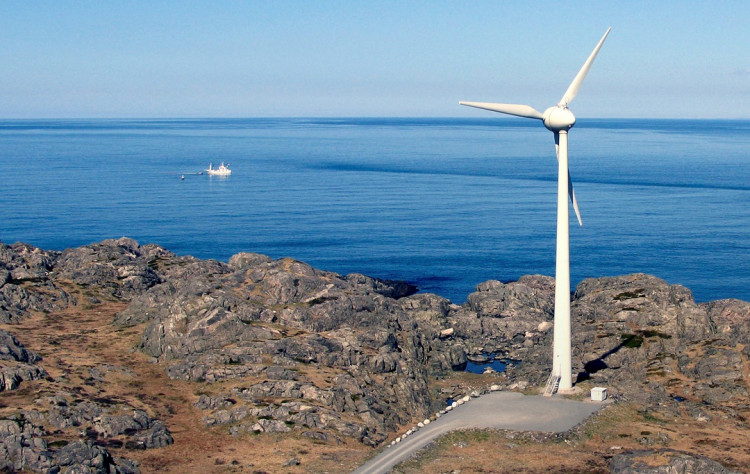China is now set to become the first in the race to mine deep-sea resources with the expected approval of its contracts next year.
Deep-sea mining operations could become a lucrative venture for the country given the plethora of resources that can be acquired, including valuable materials that are used in high-tech production of electric car batteries and microchips.
According to the International Seabed Authority (ISA), China is likely to become the first in the world to establish a deep-sea mining operation in the next few years.
The agency mentioned that it has already signed 30 different contracts that were submitted by research institutions, private corporations, and governments.
The submitted contracts are basically a mandatory requirement for the participants to begin their exploration phases. Among the 30 contracts, China holds the most amongst any country with five contracts.
The ISA was established by the United Nations Convention on the Law of the Sea (UNCLOS) to properly manage and regulate the mining of deep-sea resources around the world. The agency is expected to fully establish its seabed mineral exploitation rules by July next year.
ISA General Secretary Michael Lodge, who visited China last week, mentioned in an interview that he believes China will be the first to start deep-sea mining operations given its own need for the valuable resources.
Demand in China for the valuable minerals is massive and the country can benefit from mining on its own as it can reduce its dependency on importing from other countries.
Resources such as polymetallic nodules containing nickel, copper, cobalt, and manganese can become a very valuable commodity for any country, given the high demand and the need to diversify supply.
Apart from China, other countries that have submitted contracts to start their own deep-sea exploration phases include Britain, Belgium, Poland, Germany, and the Middle East.
Deep-sea mining is still relatively new and some skeptics have questioned its cost-effectiveness in large scales. Some non-government organizations have also questioned whether ISA could properly regulate these types of operations when they become rampant.
The ISA has mentioned that it has written a draft for the deep-sea exploitation rules and it is largely already completed. The agency revealed that it still has to iron out some finer details of the rules, including the proper financial payments that have to be made for subsea mineral mining operations that are outside of national waters.
The ISA stated that it still needs to set a proportionate amount for the payment that will be based on the value of the minerals that are extracted. After the approval of the rules, it will likely still be another two or three years before permits can be given for the applicants to actual start mining deep-sea minerals.





